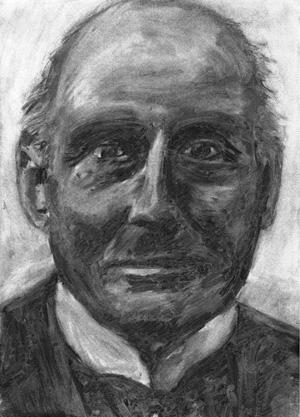
Plato himself never appears in any of the dialogues - as such - but it is impossible to say whose views are really being rehearsed in them, or where.Ībove the doorway to the Academy it was famously written:
WIKIPEDIA PLATO ALFRED NORTH WHITEHEAD SERIES
Plato's works consist of a series of little playlets, starring Socrates, in which conversations between Socrates on the one hand and various interlocutors are recorded, often with wit, always with subtlety. They constitute not merely the greatest philosophical work there is, but also one of the greatest pieces of literature in the world." Indeed, if anyone asks what philosophy is, he continues confidently, "the best answer is: 'read Plato'." As one contemporary academic philosopher has put it: "Plato's publications are all preserved, and make five large modern volumes. If Socrates’ life and works are really a bit of a mystery, Plato's seems to be plain as a pikestaff. Aristotle also tells us that Plato had studied philosophy before meeting Socrates, and had been well acquainted with Cratylus (a disciple of Heraclitus, a prominent pre-Socratic Greek philosopher) and the Heraclitean doctrines, notably that 'all is flux'. Dicaearchus went so far as to say that Plato wrestled at the Isthmian games. Plato must have been instructed in grammar, music, and gymnastics by the most distinguished teachers of his time. EducationĪpuleius informs us that Speusippus praised Plato's quickness of mind and modesty as a boy, and the "first fruits of his youth infused with hard work and love of study". He is reported to have died in his sleep at the age of eighty after enjoying the wedding feast of one of his students. Yet the reality was disastrous: Plato fell out with the King, who preferred his own opinions, and only just managed to extricate himself from the situation to return to the relative tranquillity of life as Head of the Academy. This perhaps was his attempt to put the ideals sketched out in the Republic, into practice.

During the 360s bce, he travelled twice to Syracuse, the capital of Greek Sicily, to advise the new king, Dionysius II. There is one exception to this scholarly existence, however. Whether that is true or not, the second half of his long life is much more placid, with Plato establishing the famous 'Academy' for the study of philosophy in the western suburbs of Athens, what some like to consider the first 'university'. One story has it that he was captured by pirates and held for ransom. įor several years he visited the Greek cities of Africa and Italy, absorbing Pythagorean notions, and then in 387 bce he returned to Athens. After this, Plato left the City declaring that things would never go right until either "kings were philosophers or philosophers were kings". It seems plausible that his contempt for democracy, which he condemns as rule of the unwise, limited his options at home, Athens being a 'democracy' (that is for well-off Greek males) that in 399 bce seemed to bear out the erratic nature of the beast. He himself had political ambitions, and the Republic, written, like all Plato's dialogues, in the form of a little playlet, starring Socrates, is not only a central text in western philosophical thought, but also a political manifesto. As was normal at the time, Plato trained as a soldier as well as about poetry. His real name was Aristocles, but in his school days (according to Diogenes Laertius anyway) he received the nickname 'Platon' (meaning "broad", because of his broad shoulders - or was it his forehead - or even his eloquence? ) and that is how history has remembered him. Plato's family was a distinguished Athenian one, with political connections, particularly with the democratic and oligarchic movements, and he had aristocratic lineage (perhaps even seeing himself as of 'kingly' stock). The shackled prisoners can only be ‘set free’ when they let the light thrown out by knowledge of the good illuminate their miserable earthbound existence. However, it is clear from his elevation of the ‘Form of the Good’, and his metaphor of the Cave (both in the Republic) that ethics is the central concern to which he always returns. His dialogues, apparently recording historical conversations between Socrates and various fellow citizens of the city, range widely, from the distinction between mind and matter, echoed later by Descartes, to the strange theory of heavenly ideas, or forms, one of which exists for every concept we have.

Plato was born, studied, taught, and died in Athens, albeit with some travelling inbetween. His dialogues, supposedly recording the ideas of Socrates, have made him one of the pivotal figures in the history of Western thought.

428/7-348/7 bce) was an Ancient Greek philosopher.


 0 kommentar(er)
0 kommentar(er)
